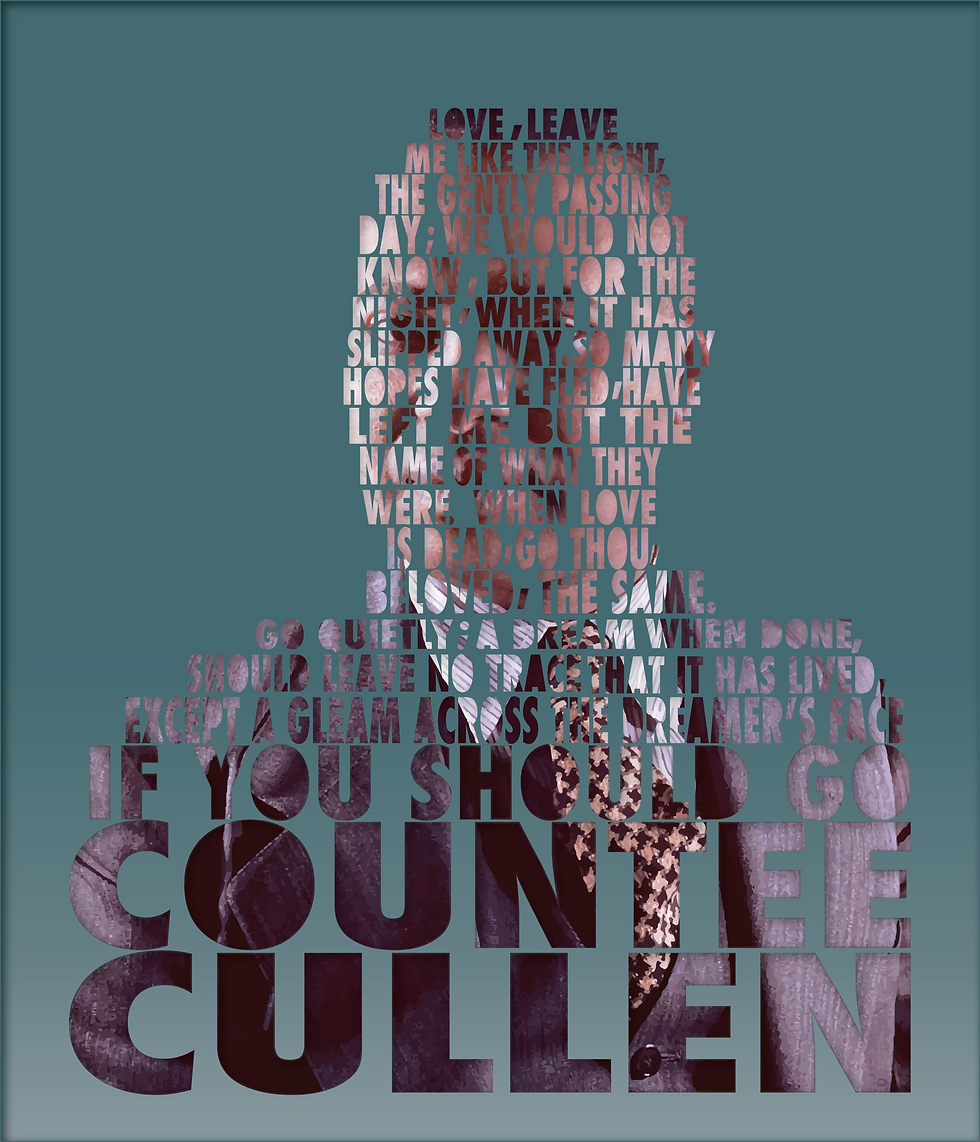Historically Unheard: Juan Francisco Manzano
- poetryunheard
- Feb 12, 2021
- 2 min read
Updated: Aug 1, 2022
By Sophy Leys Johnston
Although Jaun Francisco Manzano’s poem ‘The Clock That Gains’ was written in mid 19th Century Cuba, it might just be the perfect summary of present lockdown life. ‘Tho’ the Clock is fast’, writes Manzano, ‘Yet the moments I must say,/ More slowly never passed,/ Than they seemed to pass to-day.’ Maybe I’m just struggling to think of anything else, but this really speaks to me.

Portrait by Ginar Ogbit
Manzano, of course, was pertinently aware of life in isolation, long before the term became one of 2020’s buzzwords. Born into slavery in 1779 he wrote his two works of poetry and his autobiography (one of only two accounts of 19th century Cuban slavery) whilst still enslaved. As a “page” or “house slave” Manzano lived what was a considered a more comfortable life in comparison to other black children working on the plantations and as such was banned from either playing or interacting with them. Yet life was far from “comfortable” for Manzano who was not only isolated from any form of community, but also endured various forms of mental and physical torture.
In many ways writing, and specifically poetry, became Manzano’s means of temporary empowerment whilst in isolation and would, later in his life, quite literally buy him his freedom. He first learned to write by copying his master’s letters and memorising any poetry or short prose that he encountered. Perhaps unsurprisingly, writing led Manzano almost directly to revolution. He joined a group of Cuban reformists, led by liberalist writer Domingo Del Monte, who encouraged Manzano to write and began a collection to buy him freedom from enslavement, which he eventually earned in 1837 aged 40.

Dishearteningly the publication of Manzano’s works of poetry is startlingly absent of his name itself. Published by translator Richard Robert Madden in 1840, the text’s title refers to Manzano by status only (with R.R. Madden taking centre stage). In more editions than not the text is attributed to Madden and not Manzano. In other words, Manzano is truly a historically unheard poet.
Text of "The Clock That Gains"
Martin Luther King Jr. once famously said that ‘a riot is the language of the unheard’, but for Manzano perhaps this should be rephrased as ‘language is a riot of the unheard’. At a point in his life when rioting was impossible, it was language and writing and poetry that took its place and led directly to his freedom.
As Manzano begins to receive the recognition he deserves- almost 200 years later- it is up to us as readers to sustain this revolution of language and transform his suppressed voice into one that is very much heard.
Video and Sound Design by Nick Laws, read by Kwami-Teye Canacoo.








Comments